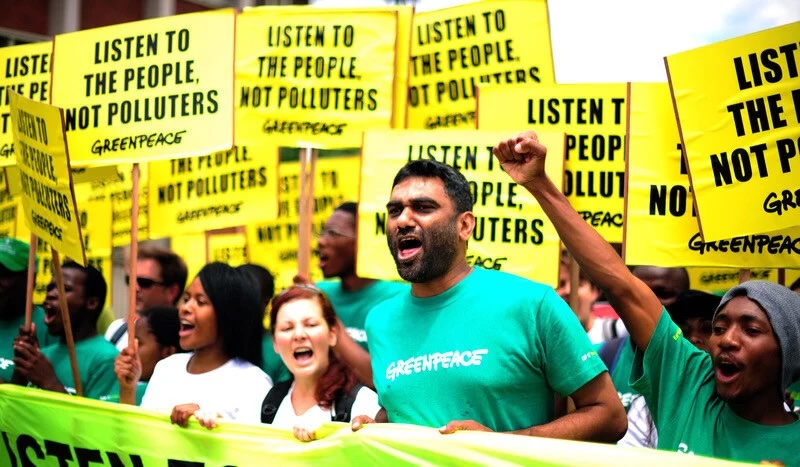
COP29 Ends with $300 Billion Finance Deal, Falling Far Short of $1.3 Trillion Needed by Vulnerable Nations » Capital News
BAKU, Azerbaijan Nov 24 – The United Nations Climate Change Conference (COP29) concluded with an agreement to provide $300 billion annually in public climate finance by 2035—far below the $1.3 trillion demanded by vulnerable nations to combat the escalating impacts of climate change.
The deal, reached after 33 hours of overtime negotiations and finalized at 3 a.m. Sunday, drew sharp criticism from developing countries and activists, who branded it a betrayal of climate justice.
“This isn’t climate finance—it’s climate colonialism,” declared Fred Njehu, a Pan-African political strategist with Greenpeace Africa. “The Global North’s offer mocks the polluter-pays principle and leaves Africa’s most vulnerable communities to bear the brunt of a crisis they didn’t create.”
The $300 billion figure, agreed upon after days of overtime discussions, includes contributions from both public and private sources. However, critics argue it pales in comparison to the scale of the climate crisis, particularly for regions already grappling with devastating floods, droughts, and displacement.
Climate Justice Under Fire
The agreement also highlighted glaring disparities in the financial burden placed on nations least responsible for global emissions. While the deal proposes no binding obligations for emerging economies like China, voluntary contributions from these nations will count toward the overall goal, a move criticized by climate advocates.
For African nations, which bear the brunt of climate change despite contributing only a fraction of global emissions, the deal has reignited calls for equitable climate action.
“Our forests and lands cannot be used as carbon dumps for wealthy polluters,” said Dr. Lamfu Yengong of Greenpeace Africa. “This finance deal undermines the transformative actions needed to protect our communities and natural heritage.”
The Path to COP30
As COP29 ends, the focus now shifts to COP30 in Belem, Brazil. Activists and vulnerable nations are vowing to continue their fight for more ambitious commitments, including stricter measures on fossil fuel emissions and enhanced support for sustainable development.
Jasper Inventor, head of the Greenpeace delegation in Baku, called on leaders to show greater resolve. “The agreed goal is woefully inadequate,” he said. “We must demand ambition at Belem because the stakes—our collective future—have never been higher.”
With the world watching, the stage is set for another year of intense negotiations, but for millions facing the immediate impacts of climate change, the clock is ticking.
Frustrations Erupt Over Inadequate Goals
Despite cheers marking the agreement, frustration simmered. Cedric Schuster, chair of the Alliance of Small Island States, expressed despair over the inadequacy of the deal. “I am not exaggerating when I say our islands are sinking! How can you expect us to go back to the women, men, and children of our countries with a poor deal?”
Leela Nandan, India’s representative, also voiced anger, declaring, “We cannot accept it… The proposed goal will not solve anything for us.”
Wealthier nations, including Switzerland, Maldives, Canada, and Australia, protested the weak language on reducing fossil fuel use, which was ultimately deferred until the next climate talks in 2025.
“This year, virtually certain to be the warmest on record, has shown us the cost of inaction,” said Simon Stiell, head of the UN climate body. “It has been a difficult journey, but we’ve delivered a deal.”
About The Author